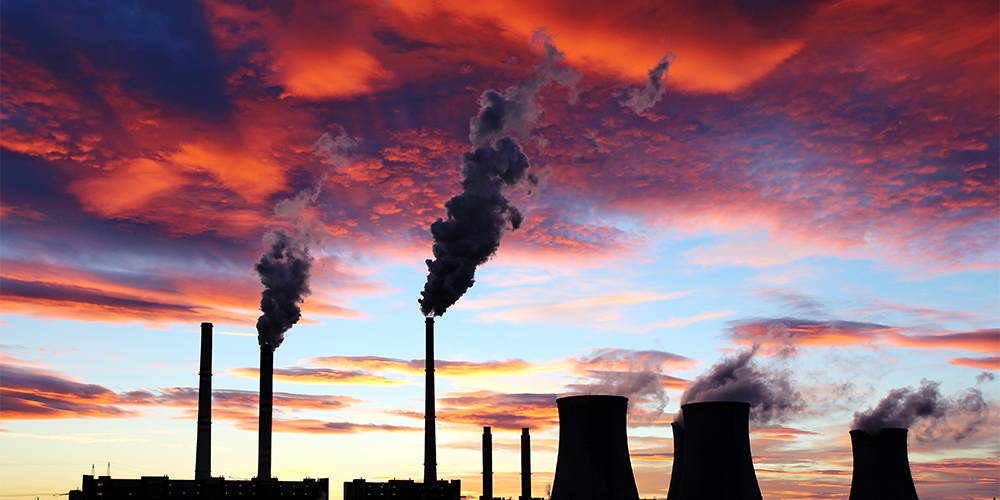
News highlights
With new green bonds and sustainable taxonomies, important policy decisions have been taken in efforts to reach net zero
European Commission adds nuclear power to taxonomy
Critics have asked whether the inclusion of nuclear energy sources is based on science or politics, writes Marcus Pratsch, head of sustainable bonds & finance, DZ BANK AG.
Green push will help secure energy independence
Investing in clean energy is the surest way to solve sovereignty concerns, writes Sarah Moloney, subeditor, OMFIF.
Looking for the silver lining
While the Ukraine conflict may set decarbonisation goals back in the short term, it may boost net zero action in the long term, writes Rick Lacaille, global head of ESG, State Street.
How Germany plans to meet net zero
Philipp Steinberg, director general for economic policy in the German Federal Ministry for Economic Affairs and energy and ministry coordinator for sustainable development, speaks with Emma McGarthy, head of OMFIF’s Sustainable Policy Institute
Why is China’s energy transition so difficult?
China’s power grid is not yet flexible enough to meet electricity demand with renewables, explains Chunping Xie, policy fellow, Grantham Research Institute on Climate Change and the Environment, London School of Economics.
Energy is a sector in flux
We have a second chance to grow back greener from the energy crisis, explains Eoin Murray, head of investment, Federated Hermes.
Hard choices for low-carbon transition
The Ukraine crisis, energy prices and supply shortages will have serious consequences for the net zero transition, explain David McNeil, head of climate risk, and Aurelia Britch, director, Sustainable Fitch.

Financing sustainable development in Egypt
With Mahmoud Mohieldin, Senior Vice President, 2030 Development Agenda, UN Relations and Partnerships, World Bank
ESG reporting tools and data analytics
With Joy Wann, Adviser, BIS Innovation Hub Singapore, and Kenneth Gay, Executive Director, Enterprise Knowledge Department, Monetary Authority of Singapore
Strategies and policies for the clean energy transition in Germany
With Philipp Steinberg, director general for economic policy and energy and ministry coordinator for sustainable development in the German Federal Ministry for Economic Affairs














